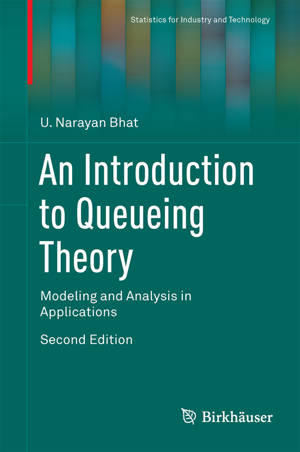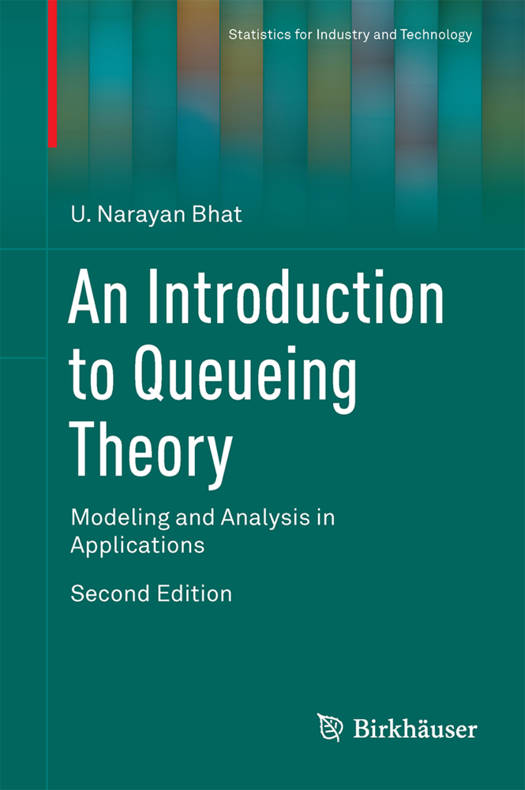
- Retrait gratuit dans votre magasin Club
- 7.000.000 titres dans notre catalogue
- Payer en toute sécurité
- Toujours un magasin près de chez vous
- Retrait gratuit dans votre magasin Club
- 7.000.0000 titres dans notre catalogue
- Payer en toute sécurité
- Toujours un magasin près de chez vous
Description
This introductory textbook is designed for a one-semester course on queueing theory that does not require a course on stochastic processes as a prerequisite. By integrating the necessary background on stochastic processes with the analysis of models, the work provides a sound foundational introduction to the modeling and analysis of queueing systems for a broad interdisciplinary audience of students in mathematics, statistics, and applied disciplines such as computer science, operations research, and engineering. This edition includes additional topics in methodology and applications.
Key features:
- An introductory chapter including a historical account of the growth of queueing theory in more than 100 years.
- A modeling-based approach with emphasis on identification of models
- Rigorous treatment of the foundations of basic models commonly used in applications with appropriate references for advanced topics.
- A chapter on matrix-analytic method asan alternative to the traditional methods of analysis of queueing systems.
- A comprehensive treatment of statistical inference for queueing systems.
- Modeling exercises and review exercises when appropriate.
The second edition of An Introduction of Queueing Theory may be used as a textbook by first-year graduate students in fields such as computer science, operations research, industrial and systems engineering, as well as related fields such as manufacturing and communications engineering. Upper-level undergraduate students in mathematics, statistics, and engineering may also use the book in an introductory course on queueing theory. With its rigorous coverage of basic material and extensive bibliography of the queueing literature, the work may also be useful to applied scientists and practitioners as a self-study reference for applications and further research.
"...This book has brought a freshness and novelty as it deals mainly with modeling and analysis in applications as well as with statistical inference for queueing problems. With his 40 years of valuable experience in teaching and high level research in this subject area, Professor Bhat has been able to achieve what he aimed: to make [the work] somewhat different in content and approach from other books." - Assam Statistical Review of the first edition
Spécifications
Parties prenantes
- Auteur(s) :
- Editeur:
Contenu
- Nombre de pages :
- 339
- Langue:
- Anglais
- Collection :
Caractéristiques
- EAN:
- 9780817684204
- Date de parution :
- 09-07-15
- Format:
- Livre relié
- Format numérique:
- Genaaid
- Dimensions :
- 156 mm x 234 mm
- Poids :
- 671 g

Les avis
Nous publions uniquement les avis qui respectent les conditions requises. Consultez nos conditions pour les avis.






